Beth Kephart's Blog, page 13
October 6, 2016
books and mud: remembering the flooding of the Arno (and One Thing Stolen)
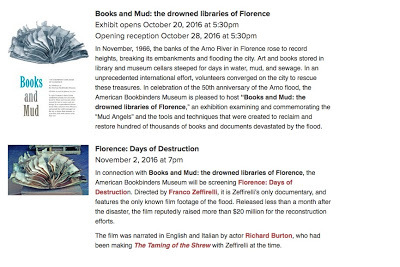 Oh, bless that Taylor Norman of Chronicle Books, forever uplifting, forever near. Her email of yesterday shared this news that the 50th anniversary of the terrible flooding of Arno will be honored in San Francisco's own American Bookbinders Museum.
Oh, bless that Taylor Norman of Chronicle Books, forever uplifting, forever near. Her email of yesterday shared this news that the 50th anniversary of the terrible flooding of Arno will be honored in San Francisco's own American Bookbinders Museum.This was the natural and cultural catastrophe that inspired my novel One Thing Stolen (Chronicle Books). This forever-proximate possibility of culture (and the art of the mind) being lost to forces beyond anyone's control.
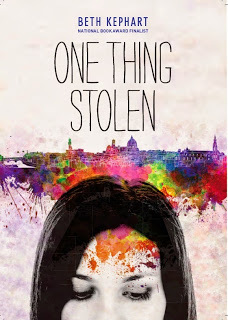
As Matthew barrels down on this earth, as natural disasters hovers, as we keep looking for more credible ways to feel secure, this story of the Arno spilling into and across a great city, into the rooms of great museums, into the basements of churches, into homes and shops is pressingly relevant. This story of those Mud Angels who brought their wings to the resurrection of that place still matters.
We depend on one another to see each other through. To dig down into the muck and salvage beauty.
My praise, then, to the American Bookbinders Museum. And my thanks to Taylor, for letting me know.




Published on October 06, 2016 05:08
October 4, 2016
brilliant first draft? hardly.
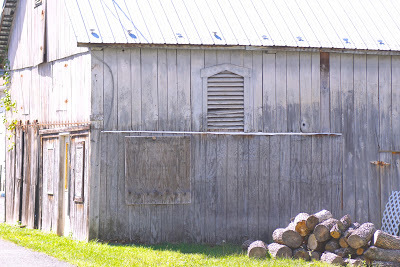 I write a first draft, but it isn't good. Plank, by plank, I take it apart. A new prologue helps me see what the book might be; it gives me a sail and a chart. A shift in tone pushes me to go more real, less arch. A shift in tone places into question every single anecdote and scene.
I write a first draft, but it isn't good. Plank, by plank, I take it apart. A new prologue helps me see what the book might be; it gives me a sail and a chart. A shift in tone pushes me to go more real, less arch. A shift in tone places into question every single anecdote and scene. I stand at my desk. I plop into my rocker. I sprawl on the couch. I sigh.
I have no business being a writer, being a teacher, I'm giving this whole thing up, say I.
Maybe others write a brilliant first draft.
Those others are not I.




Published on October 04, 2016 05:58
October 2, 2016
reflecting on the land that feeds us, in today's Philadelphia Inquirer
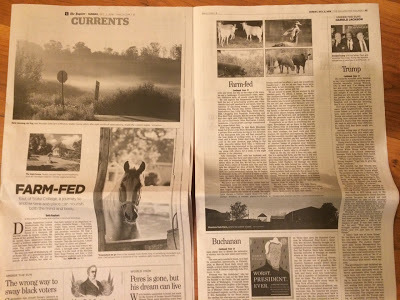 We spent a week on a farm being cared for by the earth and those who know it best.
We spent a week on a farm being cared for by the earth and those who know it best.We will never forget that land, our hosts.
I tell that story in today's Philadelphia Inquirer.




Published on October 02, 2016 04:32
September 29, 2016
how we keep on writing, how we center inside our song
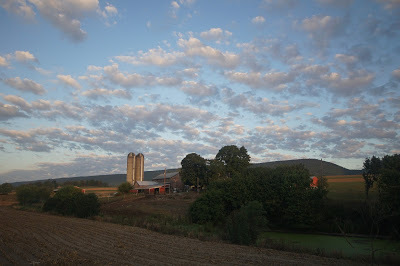 The workshop was over. We stood there on the gravel road between the cabins we'd lived in, worked in, worked through. We stood there post-portraits, post-jazz hands, post-laughter, post-tears, and there were questions, still.
The workshop was over. We stood there on the gravel road between the cabins we'd lived in, worked in, worked through. We stood there post-portraits, post-jazz hands, post-laughter, post-tears, and there were questions, still.Mostly: How do we carry forward what has happened here? How do we write our stories through? Find the time? The calm? The self assurance?
I will write to you, I said, I promised. I will try, for myself, to remember how.
Often my life is not my own. There is no calm, no well of time, I do not see myself in any mirror. I can go on like that because I must go on like that, but then: I miss the words, I physically miss them. I feel an empty spin inside my soul until I can't help it anymore. I rise early to claim a sentence for myself.
Except: Days, weeks, months have gone by since I have written anything real. Except: The sentence that I write is obvious, flat. It is not art, and it is art I need, and so I turn to others. Just now Olivia Laing is sitting here. More Annie Dillard. Old James Baldwin. The first Ta-Nehisi Coates. I take what I need and my hour of me is up, but something, inside, stirs.
The next day I rise early again. I take out my flat sentence. I spin it around with a spoon. I work it until it holds some music for me, until it suggests what the next sentence might be. So now there are two sentences, maybe three, and for the next several days, in this earliest of hours, I read those sentences, I sink into their rhythms, I probably don't even know the story yet. But I've got me a song to sing through the rest of the day, when the client calls, or the work comes in, or I make a trip for oil or pepper. I've got me a song, a steadying place, and when the call I'm waiting for comes in late, or I'm put on hold, or the dinner simmers, there it is: my song.
The song is. I keep it close. It is a mystery, and it is something mine. That something alive, to return to.
We write our stories slow, from a centering place.




Published on September 29, 2016 04:11
September 26, 2016
Juncture Workshops: One Final Spot Left in Cape May, NJ


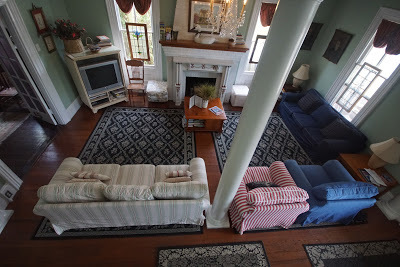 We may still be riding the waves of our Field Notes memoir workshop but we're also eagerly anticipating our time by the Jersey shore, this coming November.
We may still be riding the waves of our Field Notes memoir workshop but we're also eagerly anticipating our time by the Jersey shore, this coming November.We have one spot left in this gorgeous painted lady.
Write to us here, if you have interest.




Published on September 26, 2016 05:05
September 24, 2016
Juncture Notes 07: coming soon
 We're still in a bit of a farm-induced haze here at Juncture. Missing those writers we came to know on that slice of Central Pennsylvania earth. Imagining those stories flowing forward.
We're still in a bit of a farm-induced haze here at Juncture. Missing those writers we came to know on that slice of Central Pennsylvania earth. Imagining those stories flowing forward.Our next issue of Juncture Notes will feature the scenes from and lessons of that workshop, as well thoughts on a new bestselling memoir. We'll send it out to our list in a day or so. If you'd like to be on that list, just sign up here. Juncture Notes, which combines Bill's art with my memoir obsession, is free.




Published on September 24, 2016 06:59
September 21, 2016
there is power. there are people.
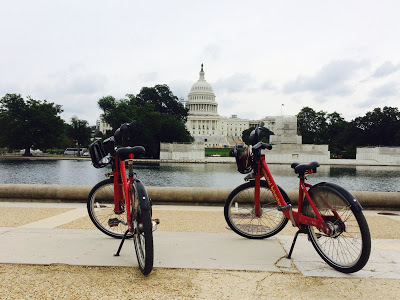 I walked the famous streets of Washington, DC, yesterday in a melancholy mood. Those beautiful buildings. That Anselm Kiefer in the lobby of the National Gallery. That Sally Mann, so young, on the walls. That chocolate growing on the trees at the Botanical Gardens. That First Ladies' garden. Those reflecting pools.
I walked the famous streets of Washington, DC, yesterday in a melancholy mood. Those beautiful buildings. That Anselm Kiefer in the lobby of the National Gallery. That Sally Mann, so young, on the walls. That chocolate growing on the trees at the Botanical Gardens. That First Ladies' garden. Those reflecting pools.So much stands on the verge right now. So much at risk. Nothing to be taken for granted. Who do we trust and what do we trust them with?
There is power. There are people. Every single soul I met yesterday was a good people. The security guard at the National Gallery who loved my RBG canvas bag (a tote created to celebrate the launch of Debbie Levy's I Dissent: Ruth Bader Ginsburg Makes Her Mark. I'll tell her, I said.). The lady at the gift shop who helped direct me toward the right door, outside of which I would hail a cab. The cab driver himself, who helped me with his heavy door and promised me, as the afternoon traffic swelled, that we would eventually get there. Emi, who greeted me at Politics and Prose, Debbie who hugged me when she arrived, her family and friends, who made me feel as if I were one among them. The guy at the Metro station who helped me get a Metro card when my debit card wouldn't work. The woman beside me on the subway train who explained the one tracking delays in the underground tunnel as we sat there, going nowhere. You'll make your Amtrak train, she said. And she was right.
Every single person I met was kind, easily so.
Couldn't we all be kind, easily so?
And trustworthy?




Published on September 21, 2016 06:24
September 17, 2016
farm scenes. images from the inaugural Juncture Workshop.
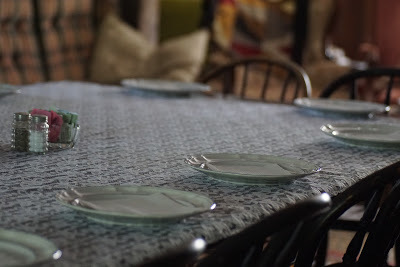
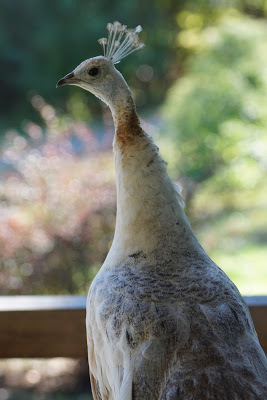
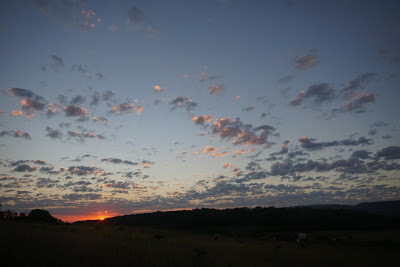
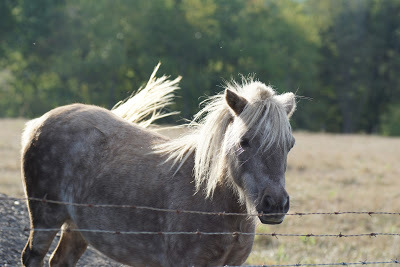

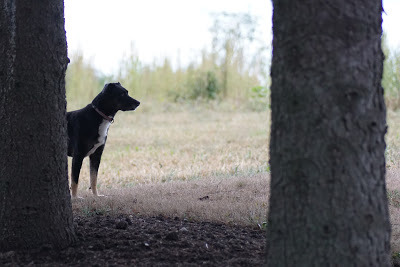
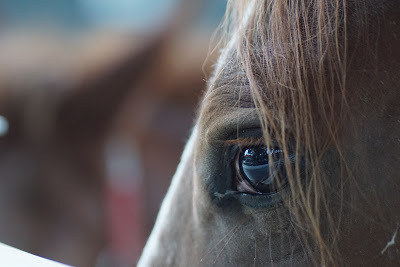 It's been almost a year since Bill and I first began to talk about the creation of a landscape-immersive writing workshop series and eight months since we started planning in earnest. We chose a western Pennsylvania farm for our inaugural experience, a place where we believed that the history, authenticity, and land itself would yield, reflect, demand, transform. A place where hard work is earth work. Where routines dictate, except, of course, in all those cases, at all those times, when human beings have no actual authority.
It's been almost a year since Bill and I first began to talk about the creation of a landscape-immersive writing workshop series and eight months since we started planning in earnest. We chose a western Pennsylvania farm for our inaugural experience, a place where we believed that the history, authenticity, and land itself would yield, reflect, demand, transform. A place where hard work is earth work. Where routines dictate, except, of course, in all those cases, at all those times, when human beings have no actual authority.We write about life, when we write memoir. This is life.
We had come to know these writers in the days leading up to the week. Or, we thought we had. But as each arrived, waved their hands, threw their arms around us, settled in, we learned so much more. About them, but also (inevitably) about ourselves.
There were lessons for us all.
We were fed the food of the earth at a time when every drop of water counted. We sat in circles on soft couches and hard chairs and trusted. We leaned forward or sat back. We were intensity. We were calm. We couldn't find what we needed to find and then (miraculously) we did.
I will write more of this soon. The next issue of our Juncture workshop newsletter will carry this story forward. For now, this post is an act of gratitude. A thank you for those who came, those who believed, those who, by making a commitment to the group and to themselves, by doing the asked thing even when the asked thing was a hard thing, grew.
Before our very eyes.




Published on September 17, 2016 05:35
September 10, 2016
the past cannot be grasped, and yet we memoirists try
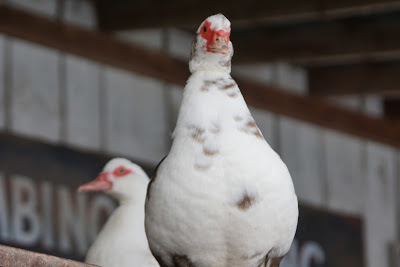 Starting tomorrow, at a farm in Central Pennsylvania, it will begin. The inaugural Juncture Workshops memoir program.
Starting tomorrow, at a farm in Central Pennsylvania, it will begin. The inaugural Juncture Workshops memoir program.The cows and the pigs and the chicks and the peacocks and the horse are ready for us, we're told. The sky and the hills. The fresh air and the peace. Those writers.
We will spend one day focused on uncertainty and time, as all memoir writers must. Recently I read Olivia Laing's gorgeous To the River and found, nested within, this paragraph. It will be shared with the writers, but also, I'm thinking, why not share it here, with you. For this is how it feels to be alive. To have hoped for something. To have almost had something. To have lost something. To allow that lostness to linger.
This is life, and this is memoir, with thanks to Olivia Laing:
It felt as if my blood had turned to mercury. I lay on the bed almost weeping, suddenly overwhelmed by the past few months. I hadn't thought I was running away, but now all I wanted was to turn tail and fly, back into the woods, the dense, enchanged Andredesleage where no one could find me or knew my name. Why does the past do this? Why does it linger instead of receding? Why does it return with such a force sometimes that the real place in which one stands or sits or lies, the place in which one's corporeal body most undeniably exists, dissolves as it were nothing more than a mirage? The past cannot be grasped; it is not possible to return in time, to regather what was lost or carelessly shrugged off, so why these sudden ambushes, these flourishes of memory?




Published on September 10, 2016 04:49
September 8, 2016
Hillbilly Elegy: because the solutions to our problems begin with us
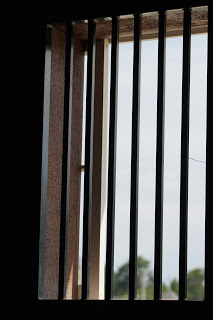 In his New York Times bestselling Hillbilly Elegy: A Memoir of Family and Culture in Crisis, J.D. Vance examines the world of "poor, white Americans" through a very personal lens: his own. Now a major author with a Yale Law School degree and excellent job, a husband to a beautiful wife, a man with a home and two dogs, Vance was also the child of a five-times married, often radically behaved, addicted mother who moved Vance from home to home and raised him within a culture of violent self defense and trauma.
In his New York Times bestselling Hillbilly Elegy: A Memoir of Family and Culture in Crisis, J.D. Vance examines the world of "poor, white Americans" through a very personal lens: his own. Now a major author with a Yale Law School degree and excellent job, a husband to a beautiful wife, a man with a home and two dogs, Vance was also the child of a five-times married, often radically behaved, addicted mother who moved Vance from home to home and raised him within a culture of violent self defense and trauma.How Vance became a cultural emigrant, as he puts it, is a major part of the story here. But Vance is also deeply interested in understanding what is possible, still, for the community that gave him his roots. He is focused on the relationships (with his sister, his grandparents, his aunt, the Marines, his professors, his Usha) that rescued and sustained him. The opportunities he was given and the legacies he'll always carry forward. He's interested in setting aside easy excuses so that others might fulfill a greater purpose.
The prose is straightforward, and that works perfectly here. The self reckoning is credible, generous. The lessons are important, especially in this election year. Vance is not an apologist. He is not a condemner, either. Yes, Vance, admits, he was helped by schools and grants and outreach. But mostly he was helped by his gun-toting, loud-cursing grandmother who loved him in steep ways and gave him a centering place during raucous teen years.
Who we are as people, Vance argues, reflects the ways in which we have been cared for. That caring begins not with a law, not with a sentence, not with rules and regulations, but with a sense of personal responsibility for the generation of now, the generation of tomorrow. We build our communities person by person, and while candidates matter, while institutions can help, none of it will reach anyone who has not, in some way, been seen or loved.
Here he is, toward the end:
I believe we hillbillies are the toughest goddamned people on this earth. We take an electric saw to the hide of those who insult our mother. We make young men consume cotton undergarments to protect a sister's honor. But are we tough enough to do what needs to be done to help a kid like Brian? Are we tough enough to build a church that forces kids like me to engage with the world rather than withdraw from it? Are we tough enough to look ourselves in the mirror and admit that our conduct harms our children?See. Love. Bluster can't save us. Kindness can.
Public policy can help, but there is no government that can fix these problems for us.




Published on September 08, 2016 07:28



